All Stories
-

How analogies can make complex science clear
Editor in chief Nancy Shute discusses how analogies can help break down complex science concepts, such as a new particle accelerator that will search for rare isotopes.
By Nancy Shute -
 Particle Physics
Particle PhysicsA new particle accelerator aims to unlock secrets of bizarre atomic nuclei
The Facility for Rare Isotope Beams will help scientists unlock the inner workings of atomic nuclei and explore how elements formed in the cosmos.
-

-
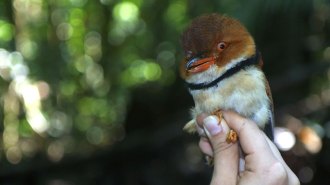 Animals
AnimalsClimate change may be shrinking tropical birds
Scientists had previously found that migratory birds are getting smaller as temperatures rise. Dozens of tropical, nonmigratory species are too.
-
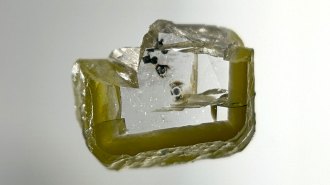 Earth
EarthA mineral found in a diamond’s flaws contains the source of some of Earth’s heat
A mineral theorized to exist in the mantle was found hiding in a diamond. Dubbed davemaoite, it could explain where some of Earth’s heat comes from.
-
 Health & Medicine
Health & MedicineNo, COVID-19 vaccines won’t make you infertile
Contrary to misinformation spread by Aaron Rodgers and Nicki Minaj, neither the Pfizer, Moderna nor J&J vaccines cause infertility, data show.
-
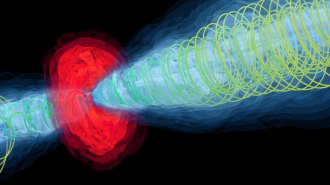 Space
SpaceA stunning simulation re-creates how M87’s black hole launches plasma jets
Two jets, thousands of light-years long, are re-created in a computer simulation, which suggests that M87’s black hole must be spinning rapidly.
-
 Materials Science
Materials ScienceResearchers have unlocked the secret to pearls’ incredible symmetry
Understanding the structural secrets of how mollusks form symmetrical pearls could inspire more optimal materials for solar panels and space travel.
-
 Anthropology
Anthropology‘The Dawn of Everything’ rewrites 40,000 years of human history
A new book recasts human social evolution as multiple experiments with freedom and domination that started in the Stone Age.
By Bruce Bower -
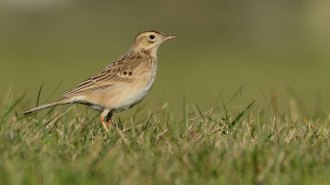 Life
LifeSome songbirds now migrate east to west. Climate change may play a role
In recent decades, more Richard's pipits are wintering in Europe than before. It may signal the establishment of a totally new migration route.
By Jake Buehler -
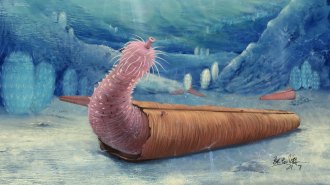 Paleontology
Paleontology‘Penis worms’ may have been the original hermits
Soft-bodied critters called penis worms inhabited abandoned shells — a la modern-day hermit crabs — by about 500 million years ago, a study suggests.
By Sid Perkins -
 Health & Medicine
Health & MedicineHow to choose a COVID-19 vaccine booster shot
To help you choose between the Pfizer, Moderna and Johnson & Johnson COVID-19 boosters, one reporter looked to the evidence and consulted experts.